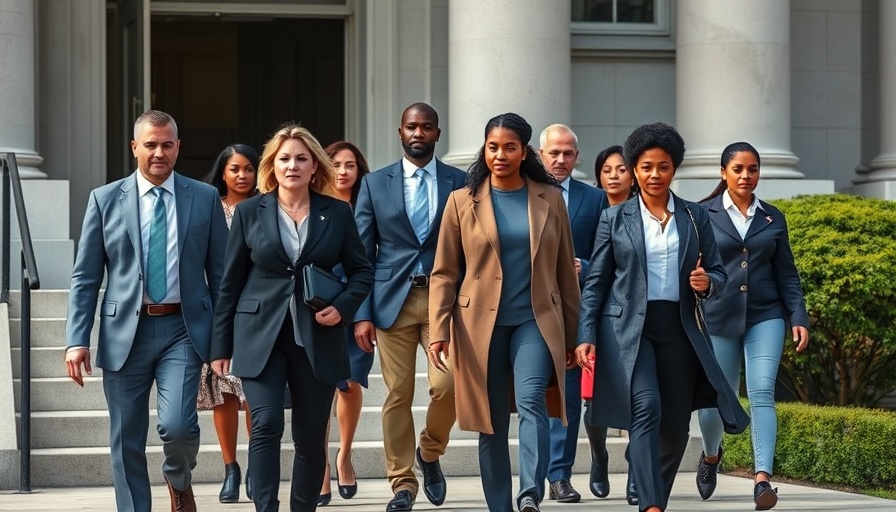
Call of Duty and the First Amendment: A Complex Intersection
The ongoing legal battle surrounding the Uvalde school shooting has introduced a complex question: Can video game manufacturers like Activision be held accountable for the actions of individuals influenced by their products? In a Los Angeles courtroom, Activision's legal counsel recently argued for the dismissal of a lawsuit brought by families of the victims, invoking First Amendment protections. This case, amidst growing concerns around gun violence and digital media's role in shaping behavior, highlights the fine line between creative expression and accountability.
The Lawsuit: Claims and Context
Filed during the second anniversary of the tragic Uvalde incident, which left 19 students and two teachers dead, the lawsuit represents just one of several actions taken by families seeking justice. The plaintiffs argue that the immersive nature of games like Call of Duty influenced the shooter’s actions, leading him to search for armored suits that resemble elements in the game. Family attorney Josh Koskoff referred to this disturbing connection in the courtroom, suggesting that such immersive experiences go beyond mere entertainment.
First Amendment Protections for Video Games
Activision's attorney, Bethany Kristovich, boldly stated, "The First Amendment bars their claims, period full stop." This statement underscores a critical aspect of the legal landscape: courts have historically ruled that creators of artistic works cannot be held liable for the subsequent actions of their audiences. This precedent arises from the principle that freedom of expression is fundamental in a democratic society, fostering innovation and creativity across all forms of media, including video games.
Reflections on Gun Culture and Media Influence
The Uvalde shooting has reignited discussions about gun culture in America and the potential impact of violent media consumption. The argument claiming video games lead to violent behavior is not new; however, this case raises fresh questions about the extent of media's impact on individual actions. How much of an individual’s willingness to commit violence can be attributed to their engagement with violent video games?
Public Sentiment and Emotional Complexity
As inevitable debates surface regarding responsibility and influence, it's crucial to recognize the human element behind legal proceedings. Three sets of grieving parents were present at the hearing, embodying the emotional weight carried by these lawsuits. For families enduring the aftermath of unspeakable tragedy, the pursuit of accountability often feels intertwined with the search for understanding.
Precedents and Future Implications
This case may serve as a significant precedent in how courts address the accountability of content creators in relation to real-world violence. If dismissed, it could pave the way for broader protections for video game manufacturers against liability, potentially reshaping the legal landscape. Conversely, if the lawsuit progresses, it might usher in a new era of scrutiny regarding the influence of digital media on society.
Calls for Holistic Evaluation
Conversations about the impact of violent media must also include diverse narratives surrounding mental health, societal factors, and gun legislation. It's not merely a question of whether a video game can be blamed for violence, but rather how society addresses these multifaceted issues comprehensively. Understanding a convergence of factors can pave the way for more effective policy changes and social efforts to mitigate gun violence.
Moving Forward: Advocating for Change
In light of this ongoing discourse, it becomes increasingly important for communities, lawmakers, and media companies to work together towards preventing future tragedies. Engagement in constructive dialogue and the exploration of solid policies can catalyze societal shifts in how violence is addressed and prevented.
The courtroom debate is a microcosm of a larger societal discussion—one that necessitates careful consideration of artistic freedoms while grappling with the real-world consequences of media consumption. In the face of rising incidents of gun violence, finding a balance of responsibility, freedom of expression, and effective prevention strategies is not just important; it is essential for the future.
 Add Element
Add Element  Add Row
Add Row 



Write A Comment